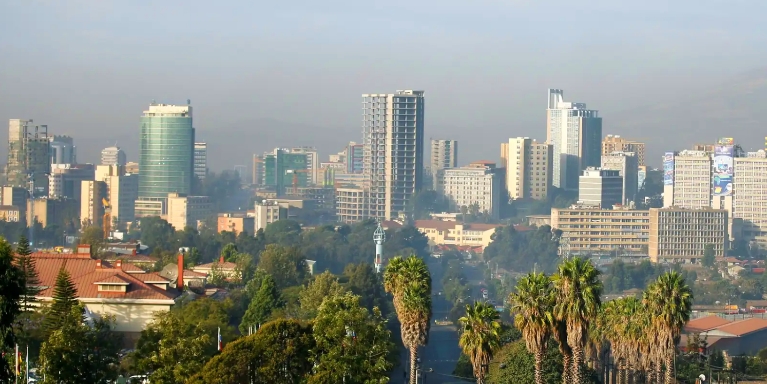
Last February, the European Union approved a law that would ban the sale of combustion engine cars in its member states from 2035 — joining several US states, Canada, Japan, Singapore, India, New Zealand, and a number of other nations with similar bans already on the books (see chart, below). Ethiopia, however, isn’t waiting for 2035.
Ethiopia is trying to ban ICE vehicles now.
According to a news update from the parliament, Alemu Sime, the Ethiopian Minister for Transport and Logistics, announced the completion of the nations Logistics Master Plan Monday. Details were scarce, but he has announced that, “a decision has been made, that automobiles cannot enter Ethiopia unless they are electric ones.”
Minister Sime went on to highlight the implementation of new practices in strategic affairs and addressed the committee on the Ministry’s initiatives related to “Green Transport” initiatives throughout Ethiopia.
Sime further explained that efforts to establish charging stations for electric cars remain a high priority, and offered that the nation’s inability to access favorable foreign exchange resources has contributed to its inability to afford to continue importing gasoline and diesel.
“Of course, I’m pro,” wrote one of the editors, “but I assume that Ethiopia probably doesn’t have a charging infrastructure ready … no matter how big of a EV fan I am, I can agree some markets are not ready for it just yet.”
“Hang on,” I responded. “I have a lot of family in Central and South America. The DC charging infrastructure for sure isn’t there. Similarly, there are parts of the region where access to gasoline is unreliable — but they have power. An EV, even at 110 connection L1 charging, is more dependably fueled.”
“Another interesting angle for the Ethiopia story is that the countries that are most affected by pollution are those in the global south,” added another writer. “Ethiopia, specifically, is very proud of their independence, being one of the few (or the only?) country in Africa to resist colonial takeover … I wonder if they’re considering themselves sort of the “leaders of Africa” in this respect. They can make a statement here.”
All excellent points (especially mine, right?), but with time zones and Ethiopia’s government having, frankly, more pressing issues than responding to my email, it might be a while before we see how this goes. Until then, we’ll be looking to you, dear readers, to keep the conversation going in the comments.